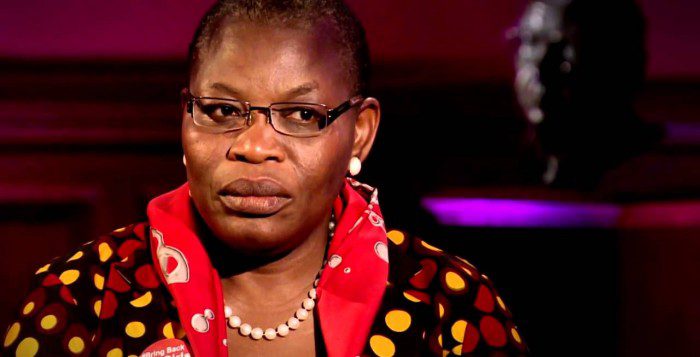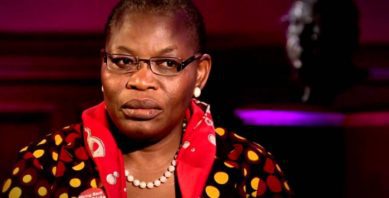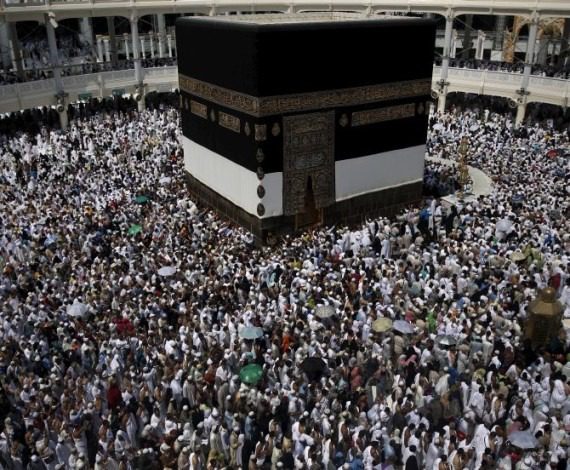National Issues
Ideologies Don’t Deliver Results for the Poor (2) -By Oby Ezekwesili


Dr Oby Ezekwesili
As I thought of the current economic policy brouhaha since the advent of President Muhammadu Buhari’s administration, the similarity with the leader in my story could not be more striking, seeing that they share the same ideological mindset, pro-poor base and anti-corruption fervour.
Let me quickly insert here that I am a fanatical supporter of our President’s anti-corruption agenda because one knows from analyses how much of an obstacle to economic growth and development, poor governance is to the Nigerian society and economy. So, President Buhari is right to make tackling corruption the cornerstone of his presidency.
All things considered, I am one of those Nigerians who would readily march to protest any duplicitous attempt in the guise of “breach of rule of law” – where it is not factual – to truncate the reinvigorated efforts of the Economic and Financial Crimes Commission. Like most Nigerians who are absolute in support of the anti-corruption war, one wants the Commission to record successes through effective investigation, intelligent prosecution through the courts and conviction of all those proven to have engaged in corruption. The EFCC will not always get it right in this fight, but theirs is a task that should get the support of all Nigerians who have ever wished for a decent society.
I am, however, not at all a fan of President Buhari’s economic management. Our President’s economic policy direction should worry even the most ardent of his admirers. From his interest in reviving the Federal Government’s ownership of a national airline to his obvious comfort with exchange controls, the President has left no doubt that ideology is strong in the way he thinks of growing the economy. Each time that I listen to him reminisce on his economic policy stance of 1984-85, I worry that Nigerians will struggle with his economic ideology.
Why do I think so? It is because, contrary to what Buhari may believe and despite the good intentions that were behind them, a number of those policy thrusts of 1984-85 actually failed on account of every indicator that is globally used to measure economic progress. For example, manufacturing capacity dropped below 20 per cent and many jobs were lost.
The anxiety of many people that economic history could repeat itself during President Buhari’s latest incarnation was always legitimate. Counterfactually, though, there was (and still is) hope that he will listen to the team that he has assembled and learn through economic evidence that the world has changed since he last tried to swim against the tides of market forces about 30 years ago.
However, the President’s well publicised and known stance on the acute foreign exchange crisis has magnified nervousness about his economic management history and ideology-centered policy direction. The envisaged persuasion by his team and the anticipated learning by the President, which many had hoped would help mitigate anxieties may not be happening or perhaps not as quickly as would serve the interests of his primary constituency – the poor.
So strong is President Buhari’s view on the value of the naira that he uses words like “murder the naira” to foreclose any consideration of alternative perspectives. It is precisely because of this manner of framing tough economic policy choices that the country is at this time engaged in an unhealthy debate that lacks empirical foundations and nuance. But, we can turn around this unhealthy debate and raise the quality going forward. That explains why I want to address what one sees as the root of the president’s economic management style and preferences. It is from that root that the president bears the fruits of his views and statements like the recent ones on monetary policy. I therefore choose to address the hobbling ideological crushes of our president because if not tackled head on now, they are lethal enough to undermine his economic management and derail the economy with severe consequences for everyone.
Our president urgently needs citizens’ help in order to unlearn his ideas of old that government knows better how to allocate production resources. True, Nigeria has oscillated from a command and control regime with government as driver in resource allocation to a more market oriented system since the past 30 years. We however can be said to now have a broad coalition and even near consensus that the market economy framework has served us better.
Before 1999, economic growth was low, fragile, patchy and volatile. Those decades of the 1980s and 1990s in particular saw average growth rate of below three percent trailing the higher rate of population growth of 3.3 percent. It was only between 1986 and1988, when a measure of disciplined market reforms were implemented that Nigeria recorded economic growth as high as five or six per cent. Afterward, as politics began to trump economics and indiscipline set in, economic growth stalled throughout the 1990s. It resumed again with the implementation of a comprehensive scale market economy reforms between 2003 and 2007.
Not only did those reforms help the country achieve macroeconomic stability as a prerequisite, even if not a sufficient condition for growth. But it did, in fact, begin to grow and reached as high as six or seven perc ent annually. Since then, the Nigerian economy has grown yearly for about nearly a decade and a half at an average of six per cent annually.
Although growth does not automatically reduce poverty, it is a fact that without it, no economy stands a chance of ever reducing the number of the poor. Even then, our macroeconomic stability was hard won through very tough and costly market economy type reforms. It has remained one of the most enduring features of economic management under three administrations. If it unravels, it will set Nigeria back terribly.
Currently, the danger is that we seem to want to return to the pre-1986 era of command and control that was inimical to economic growth. What the President needs to do now is to save the economy and save the Nigerian poor that form the largest base of his supporters. There seems to be a hesitation on his part to admit and embrace the near global consensus that market economy has delivered better than all others economic systems despite its known limitations.
What several neo-socialists, especially in Nigeria, have refused to admit is the evident failure of the socialist/communist economic system that influenced even Russia, China and India to all embark on Change and thus, modify their economic thinking toward a pragmatic acceptance of the market principles. These former bastions of command and control of economic factors of production realized that in order to achieve better economic growth than in the past, they needed to embrace the market economy.
To be continued…



















